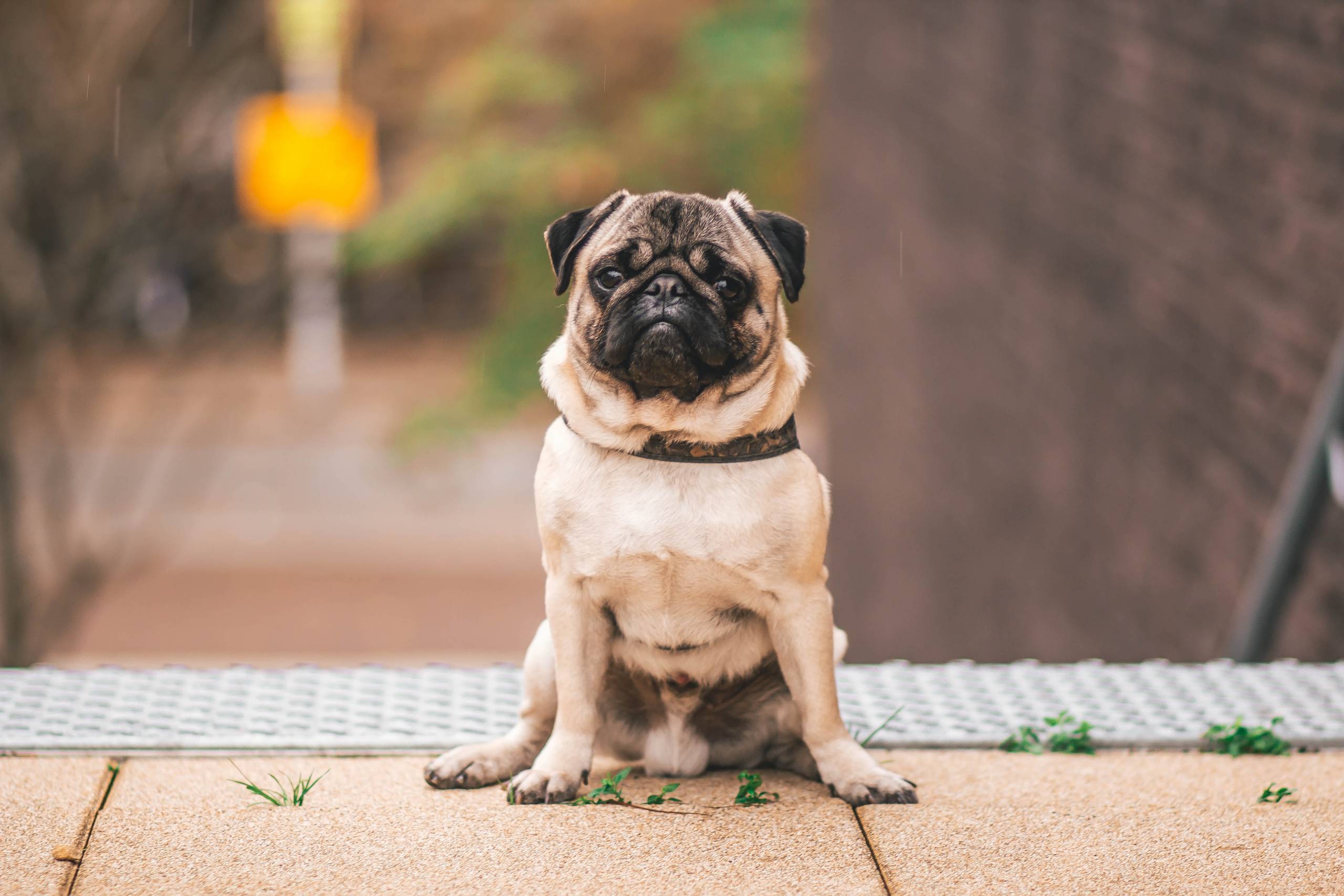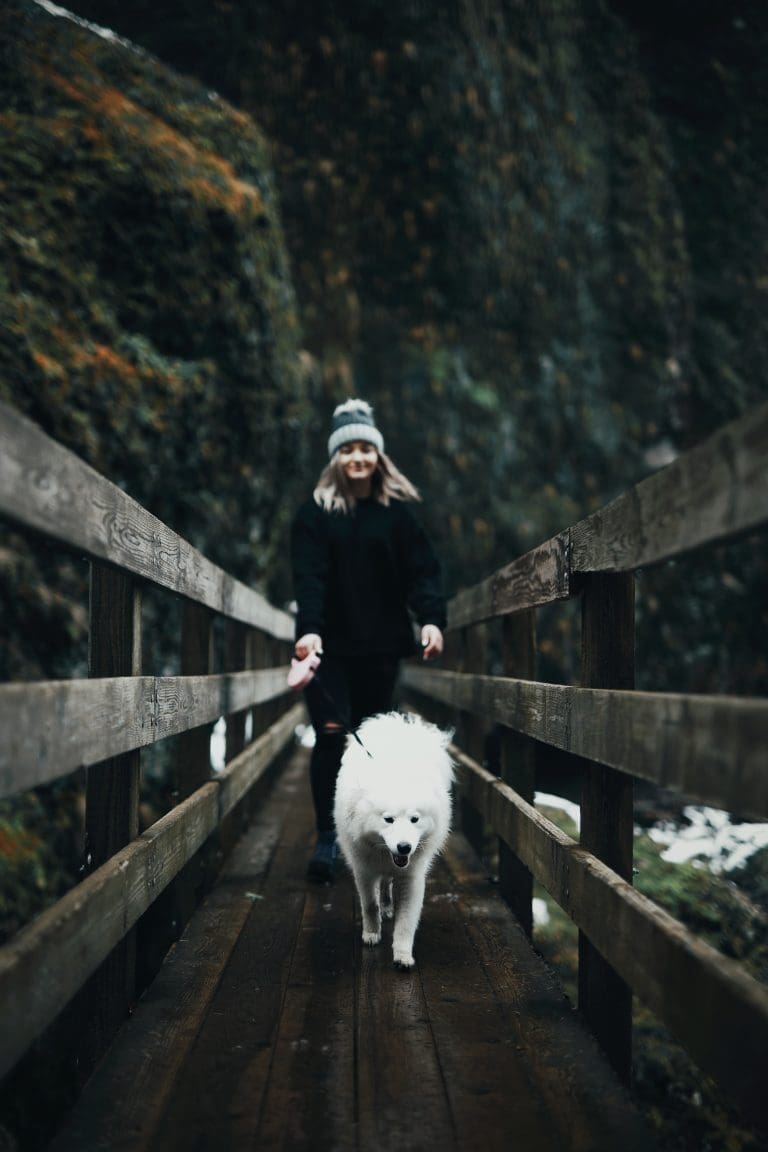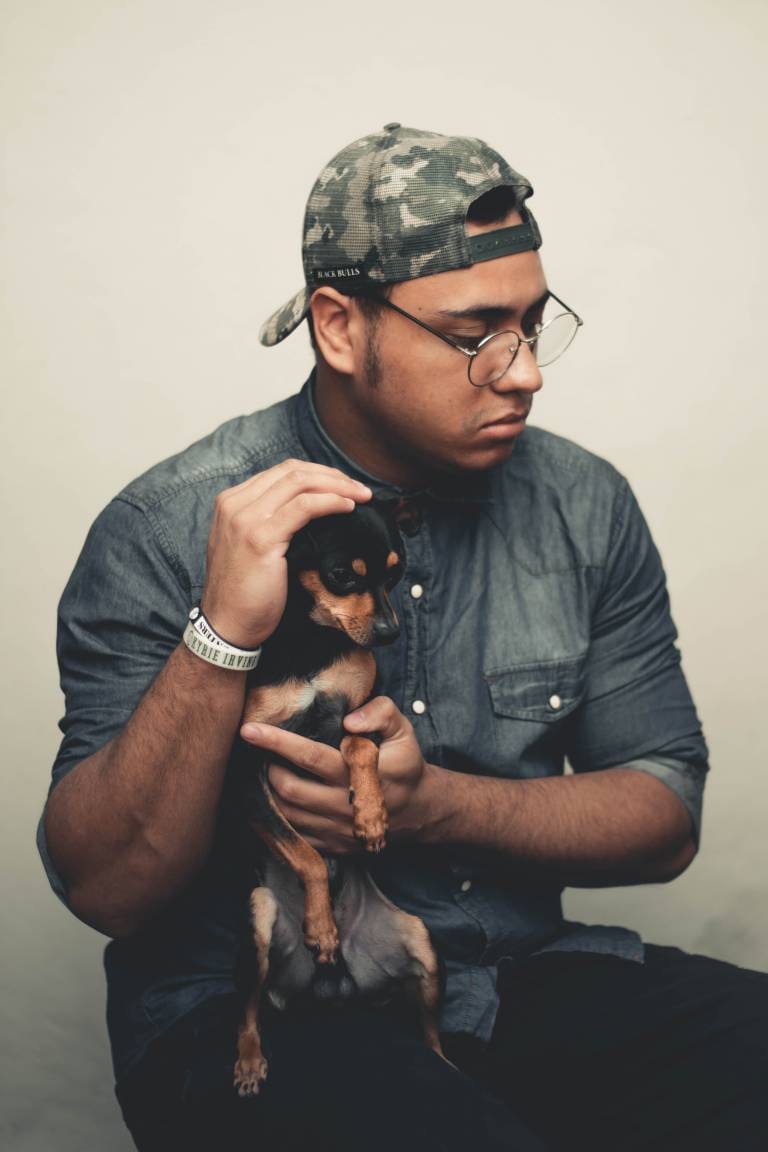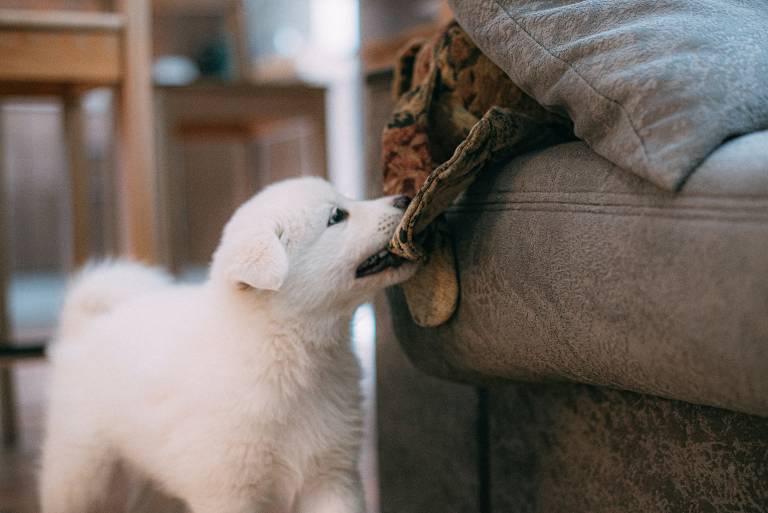How To Lose A Guy In 10 Days Dog?
Post Date:
December 10, 2024
(Date Last Modified: December 10, 2024)
Relationships, both human and canine, thrive on understanding and effort. Just as we invest time in our friends and partners, nurturing a bond with our dogs requires attention to their needs. Dogs are not merely pets; they are cherished family members deserving of love, care, and respect. Recognizing their body language, vocalizations, and unique personalities helps foster a deeper connection.
The Importance of Socialization
Socialization is vital for a dog’s well-being. Dogs are inherently social beings and need interactions with people and other animals to develop healthy behaviors. Proper exposure to various environments and social situations prevents anxiety and behavioral issues, leading to a more confident and happy dog. A well-socialized dog enhances the joy of companionship and strengthens your bond.
Effective Training Practices
Training forms the cornerstone of a trusting relationship with your dog. Basic commands like sit, stay, and come not only instill good manners but also build communication and trust. Utilizing positive reinforcement encourages good behavior and creates a fun environment for learning. Training sessions should be enjoyable for both you and your dog, reinforcing the bond you share.
The Role of Exercise
Regular exercise is crucial for maintaining a dog’s physical and mental health. A well-exercised dog is typically a happy dog. Incorporating daily walks, playtime, and mental stimulation keeps your dog engaged and content. These activities not only benefit your dog’s well-being but also provide opportunities for shared experiences, which enhance your connection.
Prioritizing Health and Nutrition
A balanced diet tailored to your dog’s age, size, and activity level is essential for their health. Regular veterinary check-ups are important for early detection of potential health issues. Demonstrating commitment to your dog’s health fosters trust and strengthens your relationship, ensuring they feel secure and cared for.
Communication is Key
Dogs communicate differently than humans, so learning to interpret their signals is crucial. Understanding their body language allows for appropriate responses, enhancing mutual understanding. Recognizing signs of happiness, discomfort, or stress helps to build a stronger bond and creates a more harmonious relationship.
Establishing Routine and Stability
Dogs thrive on routine, providing them with a sense of security. A consistent schedule for feeding, walks, and playtime creates predictability, reducing anxiety and fostering a safe environment. Stability in their daily lives allows dogs to feel at ease, enhancing their overall well-being.
Quality Time Matters
Neglecting to spend quality time with your dog can create distance in your relationship. Dogs are sensitive to their owners’ emotions and can feel ignored when their humans are preoccupied. Carving out moments for cuddling, play, or training strengthens your bond and shows your dog they are valued.
Creating a Calm Environment
The atmosphere in which your dog lives significantly impacts their behavior and well-being. A peaceful, loving environment helps your dog feel secure. Be mindful of any changes in your life that may affect your dog, providing them with a safe space to retreat during stressful times.
The Power of Affection
Love and affection are fundamental to a dog’s happiness. Simple acts like petting, belly rubs, and verbal praise reinforce your bond. Dogs respond positively to affection, and consistent expressions of love enhance their overall happiness and sense of belonging.
Practicing Patience
Every dog is unique and learns at their own pace. It’s essential to practice patience, especially during training or behavior modification. Celebrate small victories and maintain a positive approach. Your understanding and support will not only help your dog learn but also deepen your connection.
Avoiding Negative Interactions
In moments of frustration, negative behaviors like yelling or punishment can harm your relationship. Instead, focus on positive reinforcement and redirecting unwanted behaviors. Understanding your dog’s perspective fosters a healthy, loving relationship built on trust.
Engaging in Shared Activities
Participating in activities your dog enjoys strengthens your bond. Whether it’s playing fetch, hiking, or simply enjoying quiet moments together, shared experiences create lasting memories. Dogs are perceptive and can sense your enthusiasm, enhancing your connection through joyful interactions.
Commitment to the Relationship
Building a strong bond with your dog requires effort and dedication. By prioritizing their needs and creating a nurturing environment, you can ensure your dog feels loved and secure. The journey of dog ownership is filled with challenges and rewards, but the unconditional love and companionship your dog offers enrich your life in immeasurable ways. Nurturing this relationship leads to a fulfilling and joyful life together.






